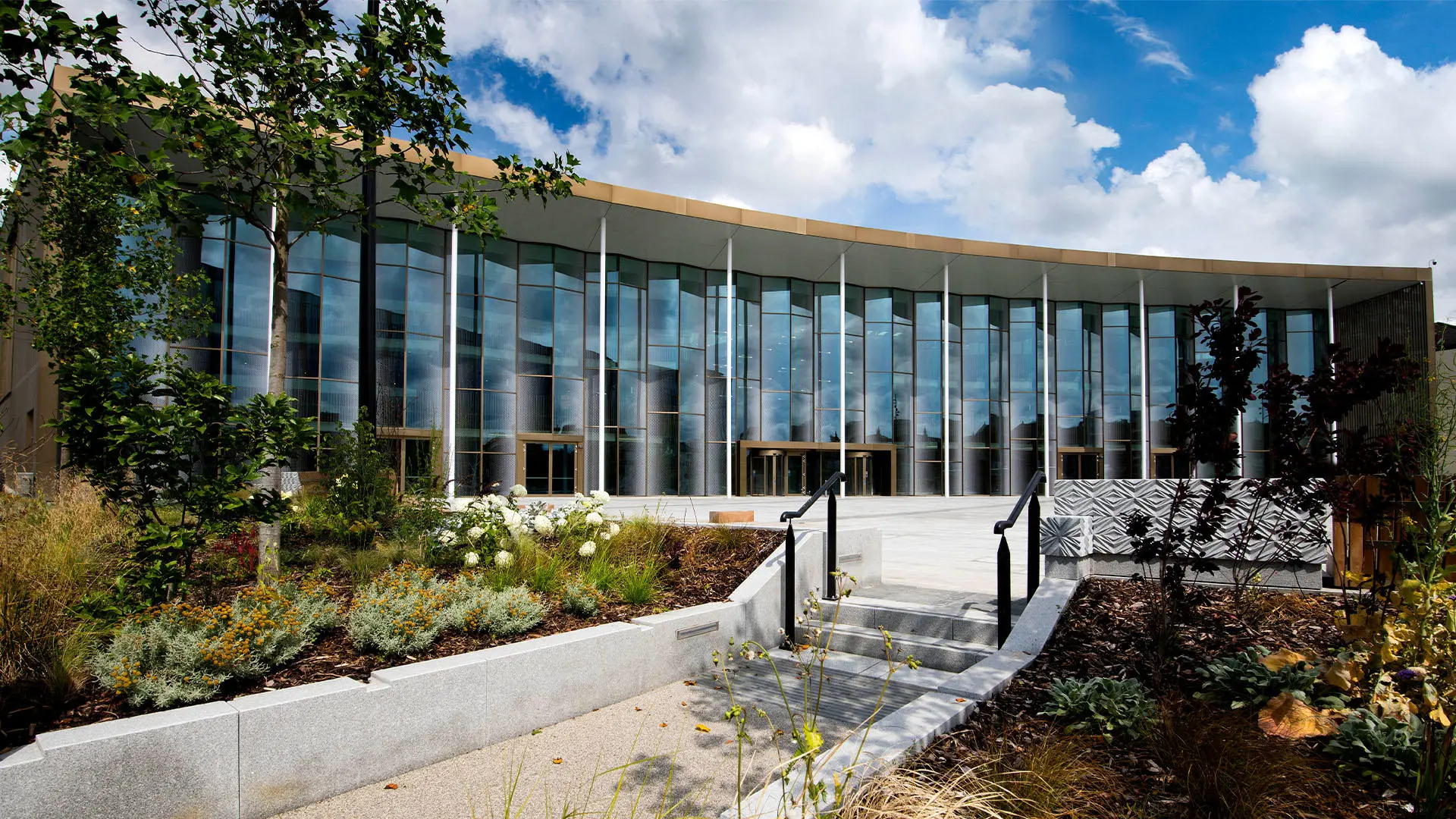We recognise the importance of health and wellbeing in relation to an individual's academic and university experience. We aim to create an environment in which all members of our community, including those under the age of 18 and adults at risk, are safe from harm. This includes all forms of prejudice, harassment, discrimination, and bullying.
This approach is central to our values:
- Achieving together;
- Being proud;
- Creating opportunity and;
- Supporting all.
We know that we all have a responsibility to provide a safe physical and online environment and culture in which everyone can thrive. We embed this approach into our daily practice, training, policies, and procedures.
In a safeguarding emergency
In an emergency where any person is at risk of immediate harm call 999. Then report to one of our Operational/Principal Safeguarding and Prevent Safeguarding Leads by calling +44 (0) 1772 893020.
For out of hours concerns, the security team are available 24 hours a day on +44 (0) 1772 892068.
UCLan colleagues can also view key contact details on the intranet.
For students, apprentices and colleagues, the Safezone App is available to download and can be used to access support and assistance.
Questions about safeguarding at UCLan
Related webpages
Prevent duty
We are committed to safeguarding the welfare of our students, apprentices and staff and to meeting our duties under the Counter-Terrorism and Security Act 2015 and the UK Government's associated Prevent strategy.
Safeguarding roles and responsibilities
It is expected that all colleagues will be aware of systems which support safeguarding and how to recognise and respond appropriately to safeguarding concerns.
Safeguarding and Prevent training
We know it's important that all members of the UCLan community receive the appropriate level of safeguarding training. This may involve some or all of the training on this webpage.
Online safety and security
Your online safety is extremely important to us. While technology undoubtedly brings so many benefits, there are risks that we all need to be aware of as well.

